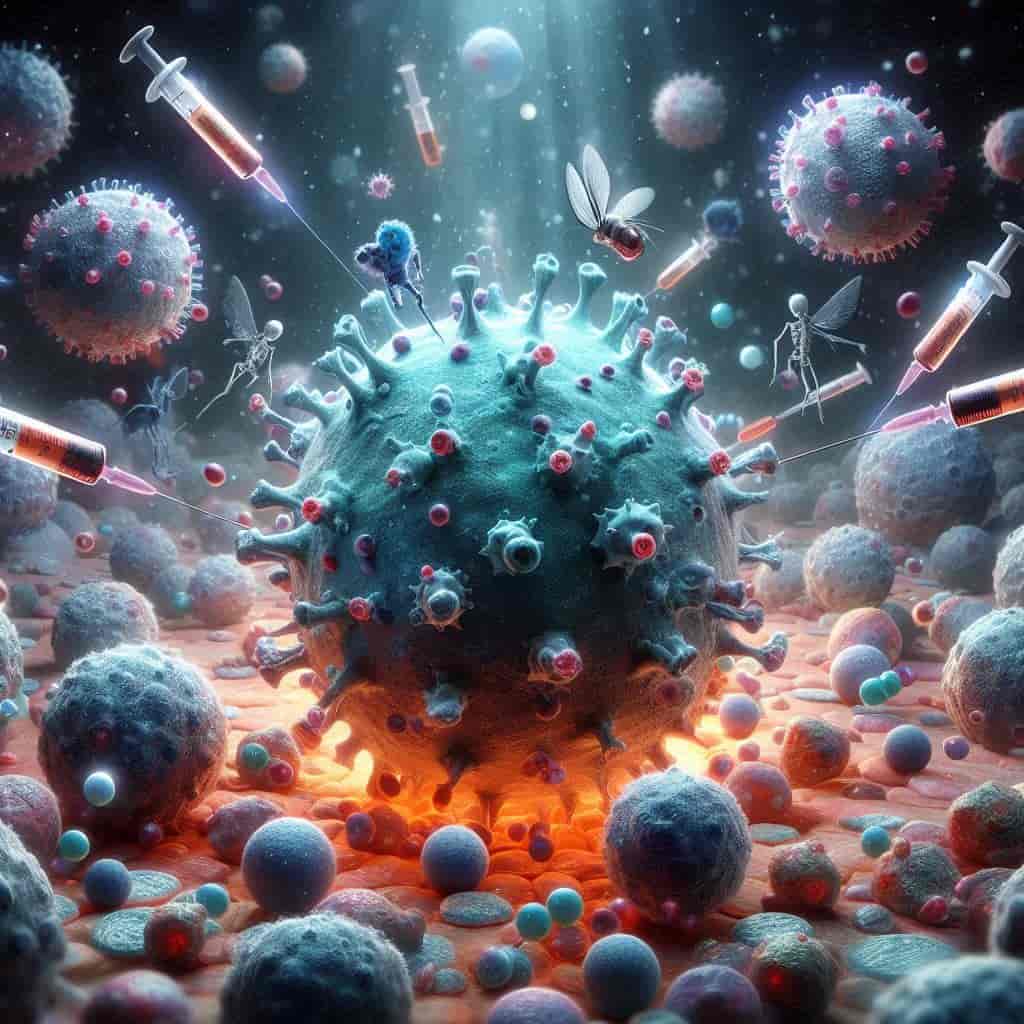Cancer research has seen remarkable progress in recent years, driven by advancements in medical science. These breakthroughs have resulted in the development of innovative and cutting-edge treatment modalities. The creative methods mentioned promise to transform cancer treatment, bringing new possibilities for patients worldwide to improve their treatment results and overall well-being.
Paving the Way for Timely Intervention
One of the most significant advancements in recent years has been the development of early detection technologies. These innovations, ranging from liquid biopsies to advanced imaging techniques, enable oncologists to diagnose cancer at its earliest stages.
Detecting cancer in its early stages helps healthcare providers take action promptly, leading to markedly better outcomes and increased patient survival rates.
Tailoring Treatment to Individual Patients
Personalized medicine has emerged as a cornerstone of modern cancer treatment. Through genetic profiling and molecular diagnostics, researchers can identify specific mutations driving cancer growth in individual patients. Oncologists can use this knowledge to recommend targeted therapies that are more potent and less harmful than conventional treatments. This helps reduce side effects and maximize the therapeutic advantages for patients.
Promising Innovations in Cancer Research

In recent years, there has been a surge in innovative approaches to treating cancer. Immunotherapy, for example, harnesses the body’s immune system to recognize and attack cancer cells. Advancements in medical treatment, such as CAR T-cell therapy, involve genetically modifying a patient’s immune cells to target and eliminate cancer cells specifically. These innovative techniques are broadening the range of available treatments and enhancing long-term survival rates for previously considered untreatable cancers.
Overcoming Treatment Resistance
Over time, one of the major obstacles in treating cancer has been the development of resistance to therapies. However, researchers are making strides in understanding the mechanisms behind treatment resistance and developing strategies to overcome it. From combination therapies to novel drug delivery systems, these approaches are extending the effectiveness of treatments and offering new hope to patients facing recurrent or advanced cancers.
As breakthroughs continue to unfold in cancer research, the future promises more effective, personalized, and targeted treatments. These advancements are not just scientific achievements but symbols of hope for millions of patients and their families. By staying at the forefront of innovation and collaboration, the medical community is paving the way toward a future where cancer is no longer a life-threatening diagnosis but a manageable condition.



